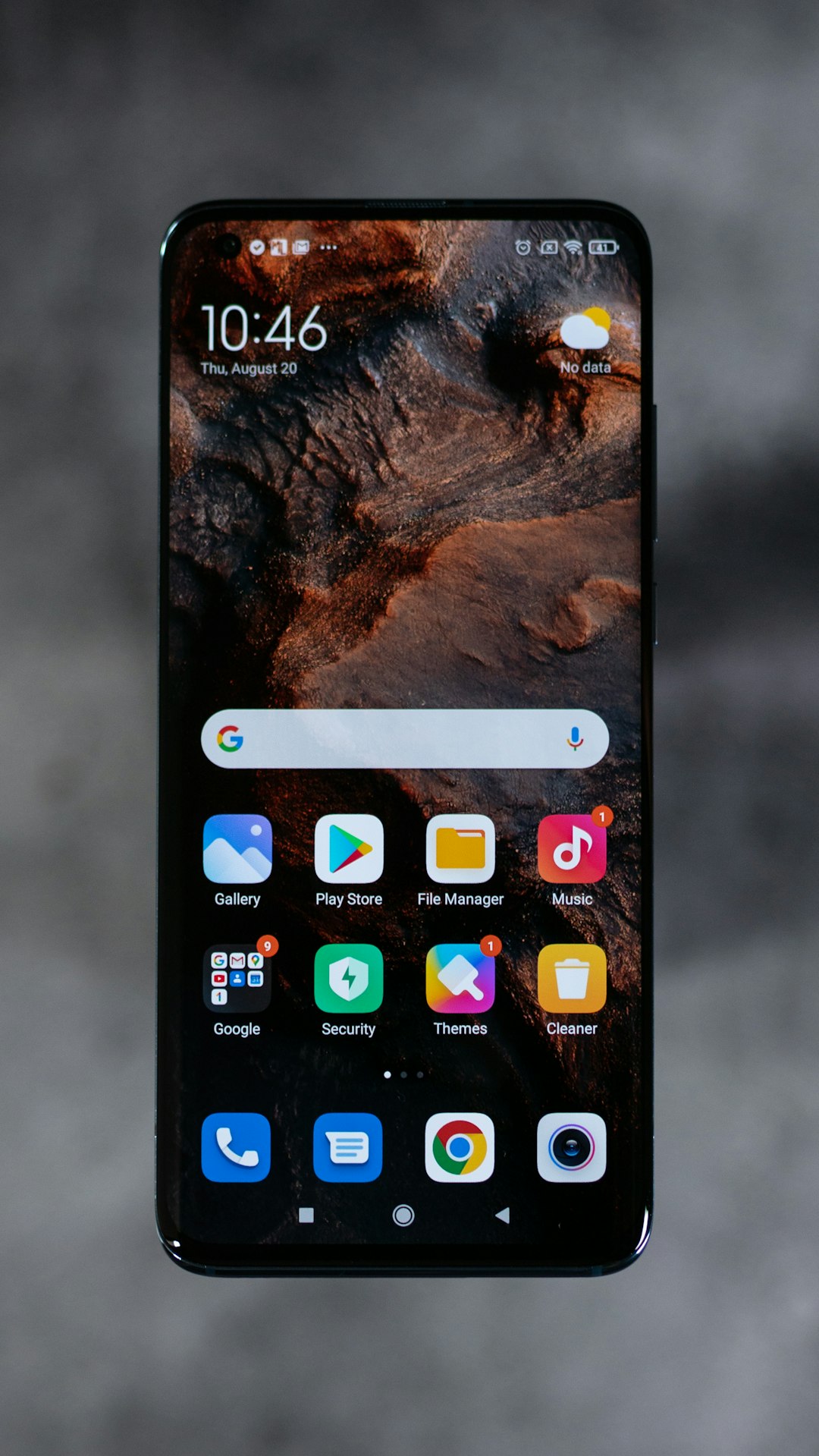Wheeling, West Virginia faces a surge in robocalls due to advanced telemarketing technology and ineffective Do Not Call Laws. Despite consumer protection measures like the National Do Not Call Registry and state-specific laws, automated systems bypass regulations, making it hard for residents to block unwanted calls. This highlights the need for updated West Virginia Do Not Call Laws to protect citizens in the digital era.
In recent years, robocalls have become a ubiquitous nuisance in Wheeling, West Virginia. This surge in automated calls has left residents questioning the reasons behind this trend. This article delves into the increasing prevalence of robocalls in Wheeling, exploring the role of advanced technology and analyzing the effectiveness—or lack thereof—of West Virginia’s Do Not Call Laws. By understanding these factors, we aim to provide insights into how consumers can better protect themselves from unwanted calls.
Understanding Robocalls in Wheeling: A Growing Trend

In recent years, Wheeling, West Virginia, like many other cities across the country, has witnessed a disturbing rise in robocalls. These automated phone calls, often promoting various services or products, have become a common nuisance for residents. While many people view them as an annoyance, understanding the trend behind this growing issue is essential. Robocall technology has advanced significantly, allowing businesses and scammers alike to reach large audiences quickly and efficiently. With just a few keystrokes, hundreds of numbers can be dialed simultaneously, making it easier than ever to make unsolicited calls.
The increase in robocalls can partly be attributed to the lack of enforcement around Do Not Call Laws in West Virginia. These laws are designed to protect consumers from unwanted telemarketing calls, but their effectiveness is often hindered by technological advancements. As a result, Wheeling residents find themselves on the receiving end of incessant calls, leaving many to wonder about the future of consumer protection in the digital age.
The Role of Technology in Automated Calls

Advancements in technology have significantly contributed to the surge in automated robocalls, including those in Wheeling, West Virginia. Modern telemarketing systems now employ sophisticated software capable of making thousands of calls per hour, targeting specific demographics and areas, such as Do Not Call lists. These technologies allow for highly personalized marketing campaigns, where pre-recorded messages are delivered en masse to potential customers.
The ease and efficiency of automated calling systems have led to a proliferation of robocalls, despite regulations like the National Do Not Call Registry and state-specific Do Not Call Laws in West Virginia, which aim to protect residents from unwanted telemarketing calls. However, as technology evolves, so do the tactics of scammers and marketers, making it an ongoing challenge to filter legitimate calls from fraudulent ones.
West Virginia's Do Not Call Laws: Effectiveness and Challenges

West Virginia’s Do Not Call laws are designed to protect residents from unwanted telemarketing calls, offering a measure of control over their personal phone lines. However, their effectiveness is mixed. While many legitimate calls are blocked, robocalls often find ways to bypass these regulations. The laws allow residents to register their numbers on the state’s Do Not Call list, halting most commercial calls. Yet, advanced technologies used by scammers enable them to skip these lists or target numbers that haven’t been registered yet.
The challenges lie in keeping up with evolving call strategies and ensuring compliance for both businesses and scammers alike. West Virginia’s laws require companies to obtain explicit consent before calling, but loopholes and the rapid pace of technological advancements make it difficult to enforce. As a result, residents in Wheeling and beyond continue to face an increasing volume of robocalls, highlighting the need for more robust measures to protect consumers from these nuisance calls.






